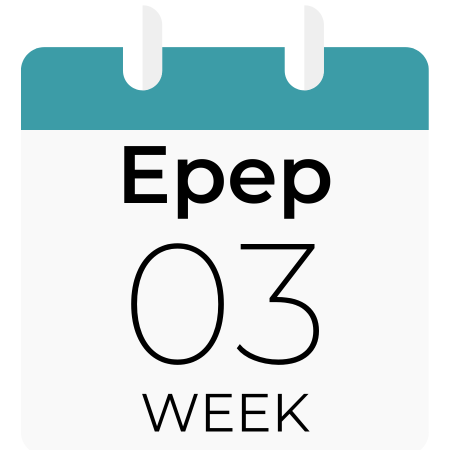The Bread of Life for the Flock
The Lord Feeds the Five Thousands
“And taking the five loaves and the two fish, he looked up to heaven and said a blessing over them.”
Today is the Third Sunday of the Blessed month of Epep, and on this blessed day the Church reads Luke 9:10-17. The passage begins with the apostles returning from their first mission (Luke 9:1-6), filled with stories of healing and preaching. Jesus, seeking to give them rest and private time, withdraws with them. Yet when the crowds follow, He does not turn them away, but “welcomed them and spoke to them of the kingdom of God and cured those who had need of healing”(Luke 9:11). This moment reveals the tender heart of Christ, the Good Shepherd, who seeks and cares for His flock. As St. Cyril of Alexandria teaches: “Though He had withdrawn for quiet, He did not avoid the crowds that came to Him, for He did not seek His own rest, but the salvation of many.”
As the day wore on in this remote place, a town called Bethsaida, the disciples urged Jesus to send the crowds away to find food and lodging. Their concern was sincere, but Jesus challenges them: “You give them something to eat” (Luke 9:13). Faced with five loaves and two fish, the disciples could not fathom how such a multitude could be fed. They responded, “We have no more than five loaves and two fish, unless we are to go and buy food for all these people” (Luke 9:13). Here they assumed that physical needs could only be met with money or other means. But St. Ambrose of Milan reminds us: “The food for the believers is not to be purchased, but Christ knows how to provide us with redemption, and with a free banquet.”
The Lord then told the disciples to have the crowd sit down in groups of fifty and “Took the five loaves and the two fish, looked up to heaven, said a blessing over them, broke them, and gave them to the disciples to set before the crowd” (Luke 9:16).
This fourfold action: take, bless, break, and give, is the very structure of the Eucharist. It appears again in the Last Supper “And he took bread, and when he had given thanks, he broke it and gave it to them, saying, “This is my body, which is given for you. Do this in remembrance of me.”” (Luke 22:19), and then again on the road to Emmaus “When he was at table with them, he took the bread and blessed and broke it and gave it to them”(Luke 24:30). As St. Ephrem the Syrian comments: “He blessed and broke the loaves, just as He had done in the Last Supper, showing that He is the Bread of Life who satisfies both body and soul.” And St. Theophylact of Ohrid draws a direct liturgical parallel: “First, Christ healed and spoke of the gospel, and then He fed the multitude… Likewise, in the Church, we are first healed through baptism, then nourished with the Gospel and the Eucharist from the hands of the priests.”
After the crowd of about five thousand men, plus women and children were fed and satisfied, the Disciples collected the remaining fragments, “And what was left over was picked up, twelve baskets of broken pieces” (Luke 9:17). This miraculous feeding of the five thousand is the only miracle recorded in all four Gospels, highlighting its profound spiritual and theological significance. It not only displays our Lord’s divine power and compassion, but also invites every believer into deeper faith, service, and Eucharistic communion. It teaches that ministry begins not with abundance, but with obedience, and trust in His divine provision. As St. John Chrysostom reflects on this miracle saying: “He did not simply feed them but filled them. And He did not merely fill them, but left over, that we might learn His boundless generosity.”
May God allow us to always seek His gifts and the food that He gives us so we may have the Physician of our souls and bodies dwell in us and heal us. Let us pray that we may have the faith to surrender ourselves to God’s plans, trusting that He provides, multiplies, nourishes, and never fails.
Amen.
Sources:
- Bible: English Standard (ESV)
- Catena Bible
- Commentaries on the Gospel of St. Luke by Father Tadros Malaty

